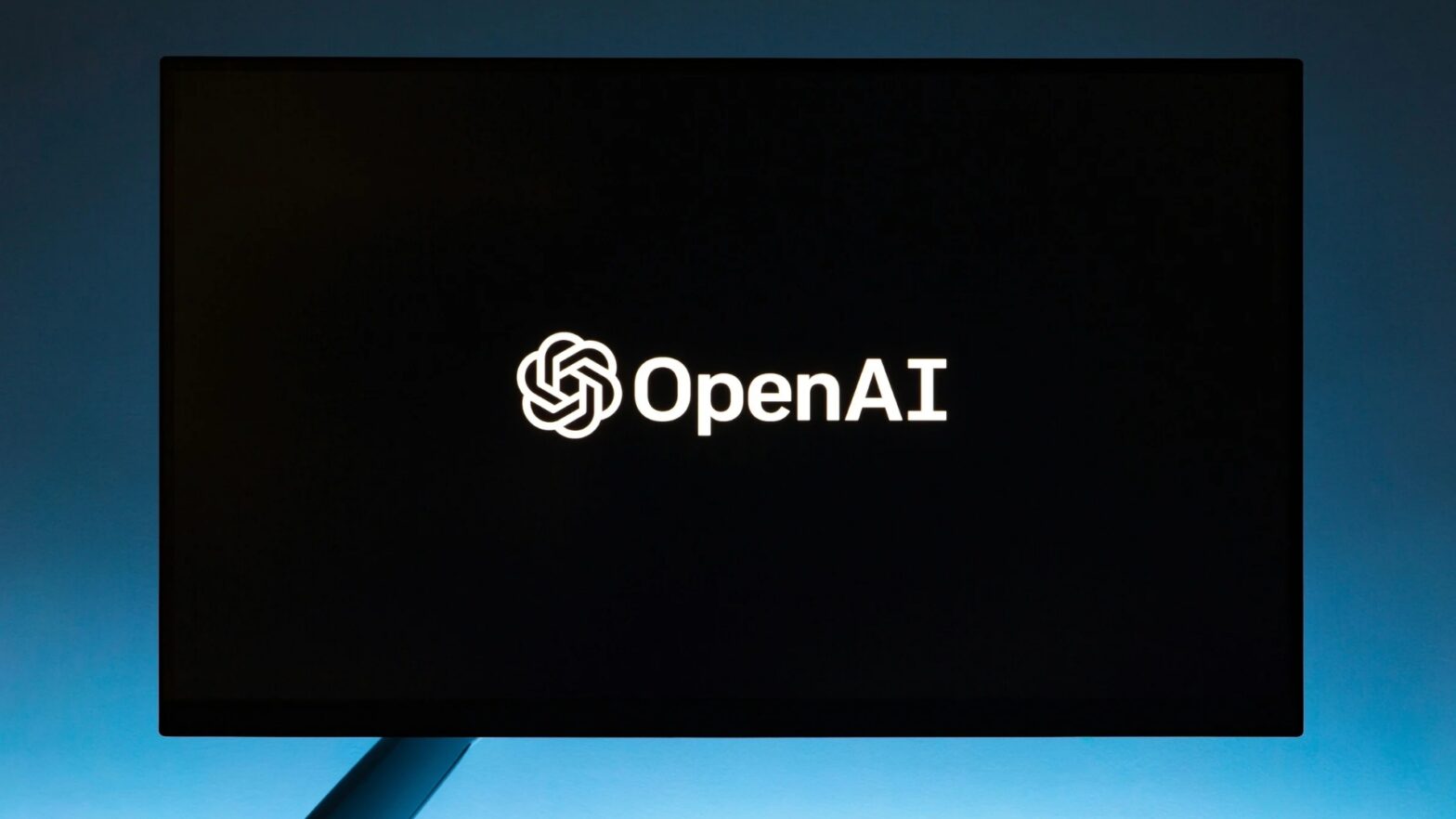In a surprising turn of events, OpenAI has officially confirmed it will not release its highly anticipated AI model codenamed Orion this year, contradicting earlier reports of a December launch. “We don’t have plans to release a model code-named Orion this year,” an OpenAI spokesperson told TechCrunch, though they added that other technological developments are in the pipeline.
The announcement has sparked discussions in the tech community, particularly given the model’s reported capabilities. According to Tom’s Hardware, Orion was expected to be approximately 100 times more powerful than GPT-4, representing a significant leap in AI technology.
Several factors appear to be behind this strategic delay. OpenAI’s recent transition to a for-profit entity and significant leadership changes have created uncertainty around product development timelines. The departure of key executives, including the Chief Technology Officer, has potentially impacted project coordination and decision-making processes.
The development of Orion marks a departure from traditional training methods. The model reportedly utilizes synthetic training data generated by OpenAI’s reasoning model, codenamed o1 or “Strawberry,” representing a novel approach to improving AI reliability and accuracy.
“This delay reflects OpenAI’s commitment to responsible AI development,” notes Dr. Sarah Chen, AI Ethics researcher at Stanford. “When dealing with models of this magnitude, ensuring safety and reliability takes precedence over meeting market expectations.”
The company’s deployment strategy has also shifted. Rather than an immediate public release, OpenAI plans to grant early access to select partners, particularly Microsoft through its Azure platform. This approach allows for controlled testing and refinement based on real-world applications before broader deployment.
The delay raises questions about OpenAI’s competitive position. With companies like Google DeepMind and Anthropic advancing their own AI models, the timing of Orion’s release could impact OpenAI’s market leadership.
However, OpenAI’s statement leaves room for interpretation. While Orion won’t be released this year, the company might launch a different model or a scaled-down version of the technology. As the AI landscape continues to evolve rapidly, the industry watches closely to see how OpenAI’s strategic decisions will shape the future of artificial intelligence.















